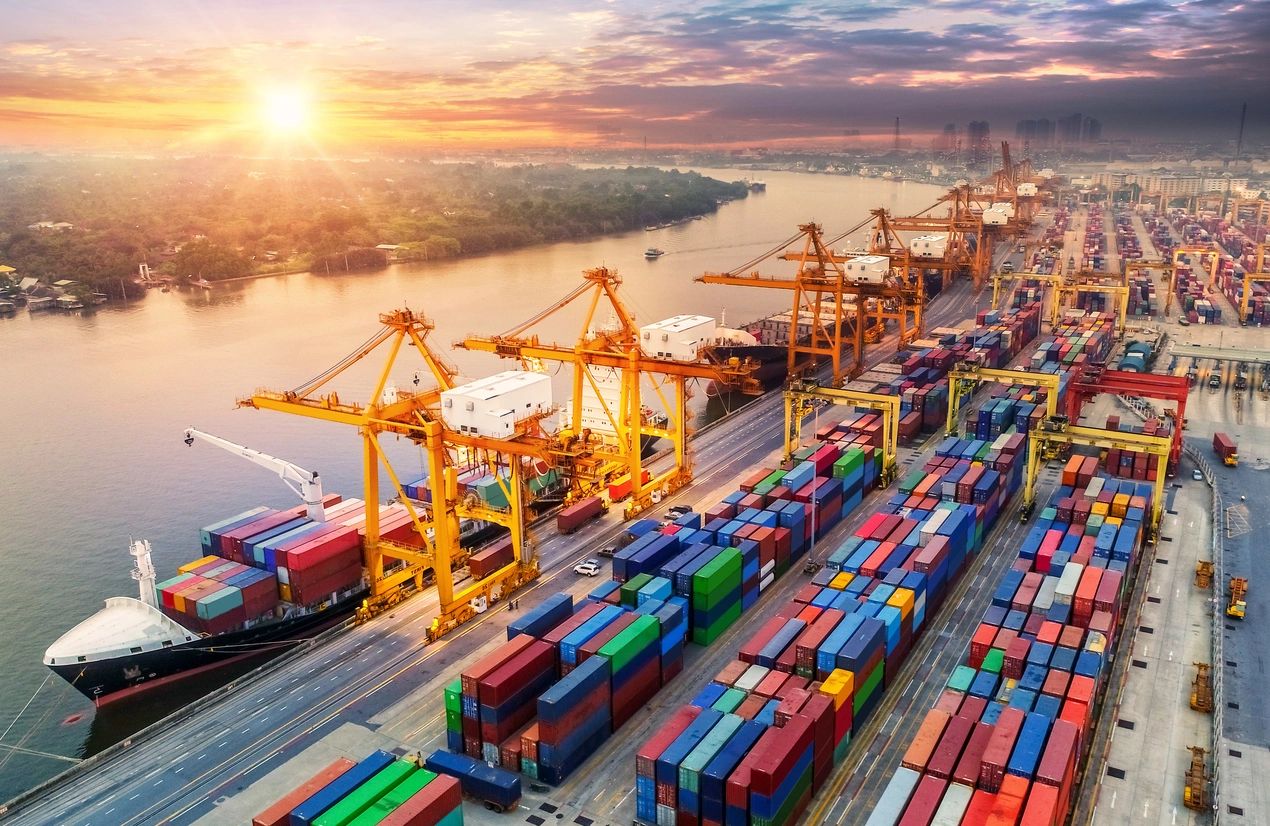Introduction
Oil is one of the most geopolitically sensitive commodities in the world. Political instability, wars, trade disputes, and diplomatic decisions can cause dramatic swings in oil prices, impacting economies, investors, and consumers worldwide. Since oil is a global necessity, any disruption in supply or shifts in demand can create ripple effects across financial markets. Understanding how geopolitical events influence oil prices is crucial for energy investors, policymakers, and businesses that rely on stable fuel costs.
War and Conflict: Immediate Price Shocks
One of the most significant drivers of oil price volatility is war, particularly in oil-rich regions. Since many of the world’slargest oil producers are located in politically unstable areas, conflicts can disrupt supply and lead to sharp price increases.
Middle East Tensions
The Middle East holds over 50% of the world’s proven oil reserves, making it a focal point for geopolitical risk. Any disruption in this region can lead to panic in the oil markets.
- Iraq War (2003): The U.S. invasion of Iraq caused oil prices to spike due to fears of prolonged supply disruptions.
- Iran-Saudi Arabia Rivalry: Attacks on Saudi oil facilities, such as the 2019 drone strikes on Aramco’s Abqaiq processing plant, temporarily cut Saudi oil production in half, causing Brent crude prices to surge by 14% in a single day.
- Israel-Gaza Conflict (2023): Tensions in the region led to concerns over broader destabilization, affectingmarket speculation and increasing volatility in oil futures.
Russia-Ukraine War and Energy Sanctions
Russia, a top three global oil producer, plays a key role in world energy markets. When Russia invaded Ukraine in 2022,Western nations imposed sanctions on Russian oil exports, leading to supply shortages and price spikes.
- Price Surges: Oil prices exceeded $120 per barrel in mid-2022 due to supply concerns.
- Re-routing of Trade: Russia shifted its exports to China and India, altering global oil flows and trade relationships.
- G? Price Caps: Western nations attempted to curb Russia’s revenue by imposing price caps on its oil, but enforcement challenges led to market uncertainty.
OPEC+ Decisions: Global Price Manipulation
The Organization of the Petroleum Exporting Countries (OPEC) and its allies (OPEC+, which includes Russia) control asignificant portion of the world’s oil production. The group’s decisions on production levels can cause drastic price swings.
- Production Cuts: In 2020, OPEC+ slashed oil production during the COVID-19 pandemic to prevent a price collapse. As demand recovered, their gradual increase in supply controlled how quickly prices rebounded.
- Strategic Output Adjustments: In 2023, OPEC+ reduced production again to maintain high prices despite slowing global economic growth.
- Saudi Arabia’s Influence: As OPEC’s de facto leader, Saudi Arabia often makes unilateral production adjustments, significantly impacting global prices.
Economic Sanctions and Trade Disputes
Sanctions against major oil-producing countries can create supply shortages and impact global prices.
- Iranian Sanctions: The U.S. reimposed sanctions on Iran’s oil exports in 2018, leading to a drop in Iranian crude supply and higher prices.
- Venezuela’s Oil Embargo: Sanctions on Venezuela’s state-run oil company, PDVSA, crippled production and pushed global prices higher.
- China-U.S. Trade War (2018-2019): Tariffs and economic tensions slowed global economic growth, leadingto a temporary decline in oil demand and lower prices.
Terrorism and Attacks on Infrastructure
Attacks on oil pipelines, refineries, and shipping routes can disrupt supply and create short-term price spikes.
- Strait of Hormuz Threats: This narrow passage between Iran and the Arabian Peninsula is responsible for nearly 20% of the world’s oil trade. Any threats of blockage, as seen during lran-U.S. tensions in 2019, immediately send oil prices higher.
- Pipeline Attacks: Rebel groups in Nigeria, Libya, and Syria have sabotaged oil pipelines, reducing production and causing supply disruptions.
- Cyberattacks: In 2021, the Colonial Pipeline cyberattack in the U.S. led to temporary fuel shortages and regional price spikes, showing the vulnerability of modern oil infrastructure.
Natural Disasters and Climate Policies
While not directly geopolitical, natural disasters and government climate policies can significantly impact oil prices.
- Hurricanes and Storms: Hurricane Katrina (2005) and Hurricane Harvey (2017) disrupted refinery operations inthe U.S. Gulf Coast, leading to temporary price surges.
- Carbon Taxation and Green Policies: As countries shift toward renewable energy, policies such as carbon taxes and electric vehicle incentives can reduce long-term oil demand, putting downward pressure on prices.
Future Outlook: Continued Volatility
Oil markets will remain highly sensitive to geopolitical events. Key factors shaping future price movements include:
- U.S.-China Relations: Tensions between the world’s two largest economies could impact oil demand and trade flows.
- Middle East Stability: Any escalation of conflicts involving Iran, Saudi Arabia, or Israel could disrupt supply.
- Energy Transition: The growth of renewable energy and electric vehicles may gradually weaken oil’s geopolitical influence, though this transition will take decades.
Conclusion
Geopolitical events play a critical role in shaping oil prices, often causing unpredictable spikes or declines. Wars, conflicts, sanctions, OPEC+ decisions, and infrastructure attacks all contribute to price volatility. Investors and policymakers must monitor global developments closely, as oil remains one of the most geopolitically sensitive commodities in the world. While renewable energy may eventually reduce oil’s dominance, geopolitical risks will continue to influence global energy markets for the foreseeable future.



